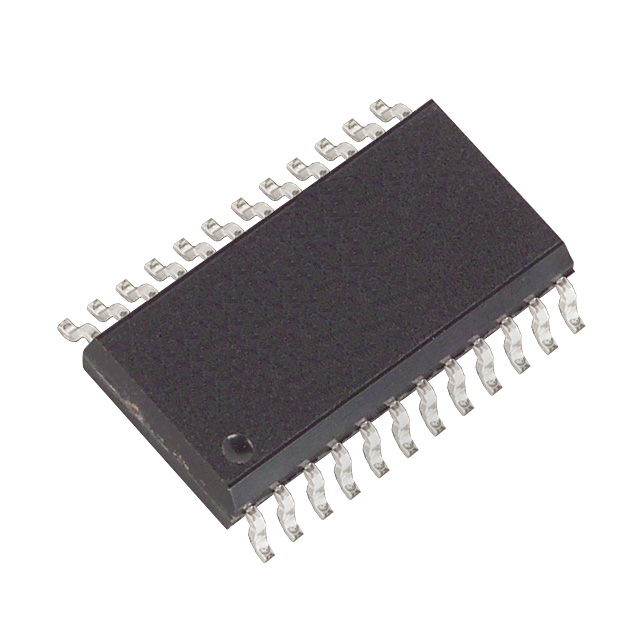MAX527CCWG+T
Manufacturer No:
MAX527CCWG+T
Manufacturer:
Description:
IC DAC 12BIT V-OUT 24SOIC
Datasheet:
Delivery:





Payment:




In Stock : 0
Please send RFQ , we will respond immediately.









MAX527CCWG+T Specifications
-
TypeParameter
-
Operating Temperature0°C ~ 70°C
-
ArchitectureR-2R
-
INL/DNL (LSB)±0.15, ±1 (Max)
-
Voltage - Supply, Digital-
-
Voltage - Supply, Analog±5V
-
Reference TypeExternal
-
Data InterfaceParallel
-
Differential OutputNo
-
Output TypeVoltage - Buffered
-
Settling Time5µs (Typ)
-
Number of D/A Converters4
-
Number of Bits12
-
Mounting TypeSurface Mount
-
Supplier Device Package24-SOIC
-
Package / Case24-SOIC (0.295", 7.50mm Width)
-
DigiKey ProgrammableNot Verified
-
PackagingTape & Reel (TR)
-
Product StatusObsolete
-
Series-
The M5-128/104-5YC/1 integrated circuit chips, also known as Field Programmable Gate Arrays (FPGAs), have several advantages and application scenarios:Advantages: 1. Flexibility: FPGAs can be reprogrammed or reconfigured to perform different tasks, making them highly flexible compared to fixed-function integrated circuits. 2. Parallel Processing: FPGAs can perform multiple tasks simultaneously, thanks to their ability to implement parallel processing architectures. This makes them suitable for applications that require high-speed processing. 3. Customization: FPGAs can be customized to meet specific requirements, allowing designers to create unique and optimized solutions for their applications. 4. Low Power Consumption: FPGAs are designed to be power-efficient, making them suitable for battery-powered devices or applications where power consumption is a concern. 5. Real-Time Processing: FPGAs can process data in real-time, making them suitable for applications that require immediate response and low latency.Application Scenarios: 1. Digital Signal Processing (DSP): FPGAs are widely used in DSP applications such as audio and video processing, image recognition, and compression/decompression algorithms. 2. Communications and Networking: FPGAs are used in networking equipment like routers and switches to handle high-speed data processing, packet routing, and protocol conversion. 3. Industrial Automation: FPGAs are used in industrial control systems, robotics, and automation applications to perform real-time control, data acquisition, and sensor interfacing. 4. Aerospace and Defense: FPGAs are used in radar systems, avionics, and military applications for signal processing, encryption/decryption, and high-speed data handling. 5. Internet of Things (IoT): FPGAs are used in IoT devices for sensor data processing, edge computing, and connectivity protocols. 6. Medical Devices: FPGAs are used in medical imaging systems, patient monitoring devices, and diagnostic equipment for real-time data processing and analysis. 7. Automotive: FPGAs are used in automotive applications for advanced driver assistance systems (ADAS), infotainment systems, and engine control units (ECUs).These are just a few examples of the advantages and application scenarios of M5-128/104-5YC/1 integrated circuit chips. The versatility and programmability of FPGAs make them suitable for a wide range of industries and applications.
MAX527CCWG+T Relevant information







